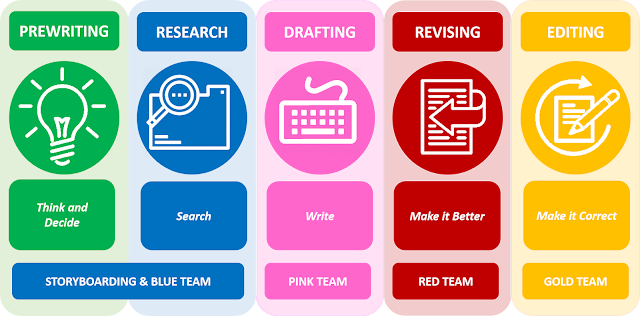Bid & Proposal Professional’s Survival Kit

Bid and proposals can be a tough profession, and sometimes we need a little extra motivation and support to help us through the chaos. I love this Bid & Proposal Professional’s Survival Kit —I generated it using inspiration from similar survival kits out there for other professions. This is a great little kit you can put together to brighten a coworker’s day, to use for holiday give exchanges in the office, or to welcome a new coworker to the team. I have personally used a version of this survival kit in several office holiday gift exchanges. And if you’re needing just a little extra motivation yourself, I’ve included a few extra words of encouragement with each item below for this week’s blog. Marker: To remind you to leave a good mark—with your team and with the customer. As bid and proposal professionals, we have the ability to influence our teams, our coworkers, and our customer. It is critical for us to use this influence thoughtfully and conscientiously. We must ...



